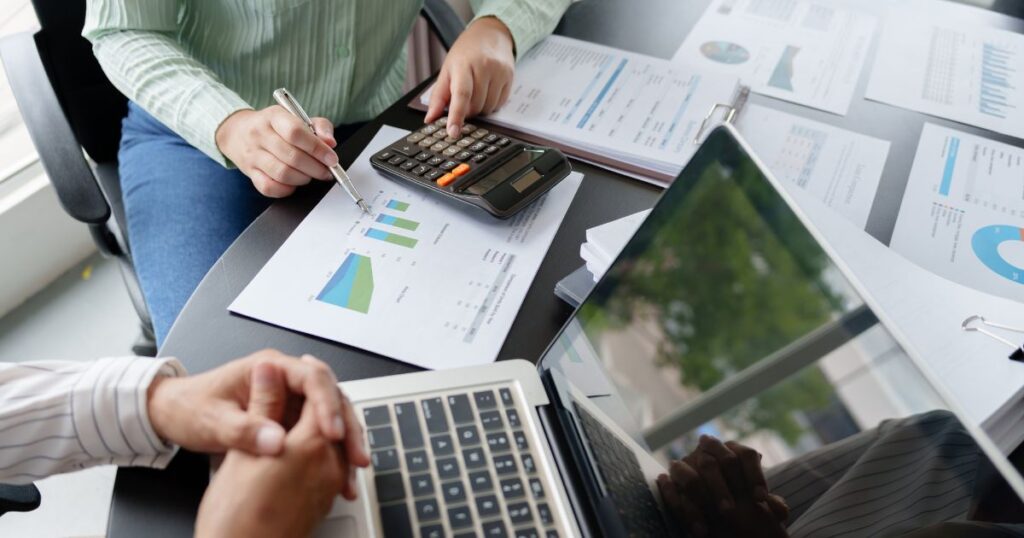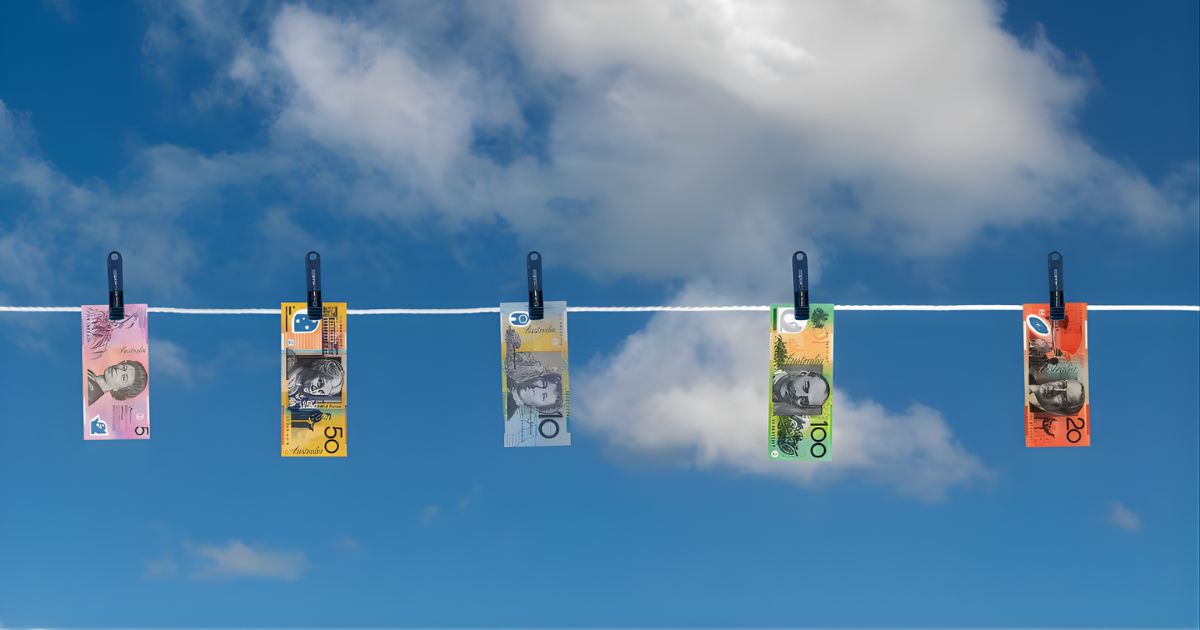Value your business

Working out how much your business is worth can be an important part of getting finance, attracting investors or selling your business. Here are some suggested steps to help you through the process.
1. Prepare your business information
You’ll need a range of business information to value your business properly. If you need help with preparing your documents and can’t afford a professional, consider asking friends or family with bookkeeping or business experience.
If you’re selling, potential buyers may want to value your business independently. So it’s a good idea to already have your business documents organised and up to date. You’ll need the following information.
Finances and assets
- Your financial statements (for the last 5 years if possible) such as cash flow statements, debts, annual turnover and profit and loss statements.
- Details of physical assets such as machinery, buildings, equipment and stock.
- Details of other assets such as goodwill towards the business and intellectual property (any designs or ideas that you have protected through copyright).
Legal information
- Legal documents such as leases and insurance policies.
- Registration papers such as business name certificates, Australian business number (ABN) registration papers, licenses, permits and any other papers that demonstrate you comply with government requirements.
Business profile, procedures and plans
- Market conditions such as details of competitors and how your business compares to them.
- Sales information such as reports and forecasts.
- Business history such as start date, ownership and location changes.
- Business procedure documentation such as marketing, staff roster and customer service procedures.
- Business plan such as marketing, emergency management and growth plans.
- Other details such as opening hours and whether the business premises are owned or leased.
Staff, supplier and customer information
- Employee details such as job descriptions, skills and experience, work history, performance reviews and pay rates.
- Supplier details such as supply agreements and supply prices.
- Customer details such as customer numbers, customer profiles and direct marketing activities.
2. Decide whether to get professional advice
If you can afford to, consider getting professional advice on how to value your business through your accountant, a business adviser or a business broker. These professionals can help you:
- analyse your finances
- find trends in your industry’s market
- calculate the goodwill value of your business
- estimate your business’ future profit
- work out a value for your business.
They might also have clients who would be interested in buying your business. This could save you the cost and hassle of advertising.
3. Choose a valuation method
Keep in mind that there is no one set valuation method. You could use a combination of methods to get your final value. You may also need to negotiate the method of valuation with a buyer or investor.
If you use a professional, they can help you decide which method is best for your business. Some common methods for calculating the value of a business include using:
- current market values
- return on investment
- business asset value
- cost of starting a business from scratch
- future profit of a business.
Look at current marketplace value and your industry
How you value your business can depend heavily on the industry you’re in and the current marketplace value of similar businesses.
Industries usually come up with their own rules and formulas to value a business. So, it’s a good idea to get a good understanding for your particular industry.
Use the return on investment method to calculate value
If you’re selling your business, the return on investment (ROI) method uses your business’ net profit to work out its value. You can either calculate:
- an ROI based on a selling price (value) you have in mind; or
- a selling price based on an ROI that you set
ROI = (net annual profit/selling price) x 100
For example, you have a selling price of $200,000 in mind but want to test your ROI based on that price. You calculate that your business’ net profit was $50,000 for the past year.
To work out the ROI, you use the formula: ROI = (50,000/200,000) x 100
In this case, your ROI is 25%.
If you have an ROI in mind, you can use it to calculate the price for your business:
Value (selling price) = (net annual profit/ROI) x 100
Say you wanted a ROI of at least 50% for the sale of your business. If your business’ net profit for the past year was $100,000, you could work out the minimum selling price you should set.
Selling price = (100,000/50) x 100
In this case, to achieve a ROI of at least 50%, you’ll need to sell your business for at least $200,000.
Use your business’ assets to calculate net worth
When calculating the value of your business assets, make sure you include both tangible and intangible assets of your business.
- Tangible assets are physical things you can touch such as tools, equipment and property.
- Intangible assets are things that can’t be touched but are still valuable, such as intellectual property, brands and business goodwill.
After you’ve calculated the total asset value of your business, use this as an indication of how much you’d like to sell your business for.
Assessing your business’ assets value can be a complicated process. It’s a good idea to ask your business advisor or accountant for help.
Calculating business goodwill
Goodwill can include:
- customer loyalty and relations
- brand recognition
- staff performance
- customer lists
- reputation of your business
- business operation procedures.
Calculating goodwill can be a complicated process. You’ll get different results depending on the method you use. You can use different methods to get a price range you’d like to set for your business goodwill but in the end, the value is what the marketplace or buyer is willing to pay.
Because it’s difficult to calculate goodwill, it’s a good idea consult a professional such as your accountant.
Account for depreciation
If you use your business assets to calculate value, remember to account for depreciation. Depreciation is the loss of value for your assets over time. For example, you may have purchased a computer for your business 3 years ago for $1,000. When calculating your business’ asset value, the value of the computer will no longer be $1,000.
Talk to your accountant if you’re unsure how to work out depreciation of assets.
Find the cost of creating your business from scratch
The cost of creating your business from scratch can be used as a guide for valuing your business. This is the estimated cost to build a similar business in your industry in the current market. To calculate the cost, you’ll need to include all costs involved when starting from scratch, like:
- buying stock
- buying equipment and tools
- getting licenses and permits
- recruiting, training and employing staff
- developing products
- marketing and promotion
- buying or leasing premises
- setting up online.
Estimate the future profit of your business
For a buyer or investor, the biggest value of your business will be its future profits. You’re more likely to get finance or sell for a good price if you show your business will probably be profitable. Show this through your financial statements to give investors an idea of the returns they could expect from your business.
Estimate the future profit of your business by looking at trends in your business finances from past years. You can also look at trends for similar businesses in your industry. This can show how your business compares and how the market is going. Use this information when negotiating finance or a selling price for your business.
Source: business.gov.au



